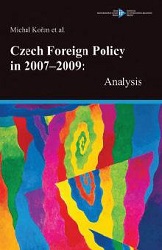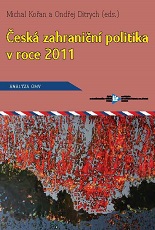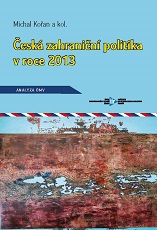
The Political Context and the Making of the Czech Foreign Policy in 2007–2009
This chapter is an introduction to the political, conceptual and institutional context of the Czech foreign policy (CFP) in 2007–2009. The first part of the chapter will focus on the conceptual and political background of the CFP and it will be followed by an analysis of the involvement and the roles of the main actors.
More...

